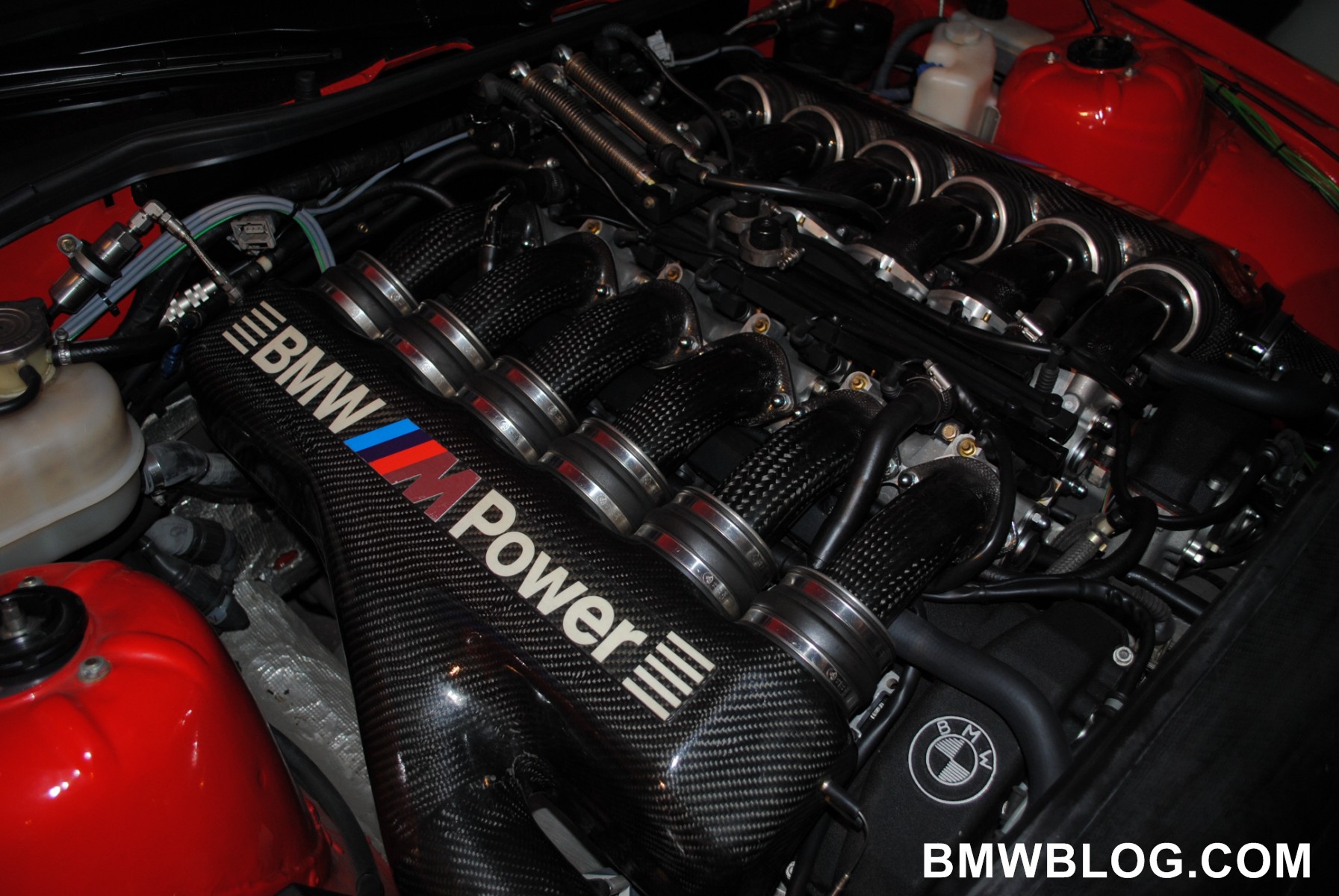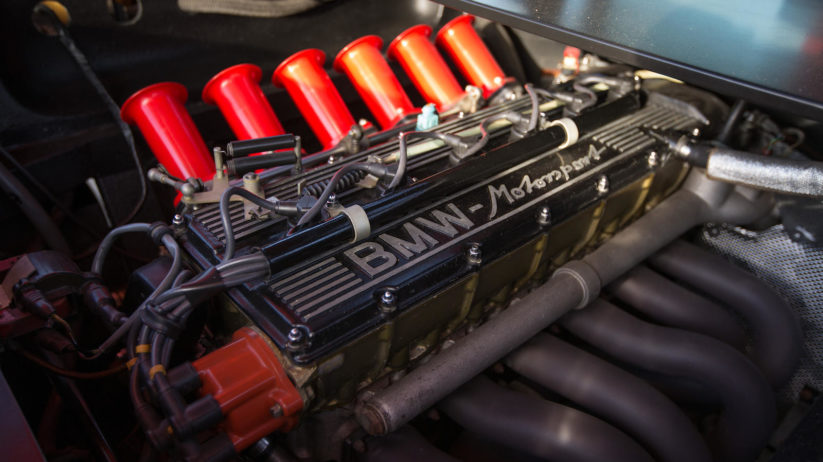Unveiling the Secrets Behind the Power of the BMW Engine
Unveiling the Secrets Behind the Power of the BMW Engine
Blog Article
Unveiling the Intricacies of Next-Generation Power Units: a Deep Study Advanced Engine Developments and styles
As we stand on the precipice of a brand-new age in transport, the ins and outs of next-generation engine designs bid us to explore the sophisticated technologies and developments that promise to redefine the driving experience. Digging deeper into the worlds of exhaust control, smart engine management systems, and the horizon of power device advancement, we locate ourselves on the cusp of a transformation that assures to improve the landscape of wheelchair as we recognize it.
Development of Engine Products

The shift in the direction of progressed engine products has also enabled engineers to create engines with greater power results while keeping fuel efficiency requirements. The usage of light-weight products lowers the overall weight of the engine, leading to enhanced gas economic situation and reduced exhausts. In addition, innovations in materials modern technology have actually permitted far better thermal monitoring within engines, causing enhanced integrity and long life.
Turbocharging and Supercharging Technologies
How do Turbocharging and Supercharging Technologies revolutionize engine efficiency and effectiveness in contemporary vehicles? Turbocharging and turbo charging are innovations that significantly improve engine performance by raising the amount of air consumption right into the combustion chamber. Turbocharging achieves this by utilizing a wind turbine driven by exhaust gases to pressurize the intake air, while turbo charging uses a belt- or chain-driven compressor to attain the exact same result.
These innovations enable smaller sized, more fuel-efficient engines to generate power equivalent to bigger ones, recognized as downsizing. By forcing even more air into the cyndrical tubes, turbocharging and turbo charging enhance burning efficiency, causing enhanced horsepower and torque output without a considerable increase in engine size. This leads to much better acceleration, pulling capacity, and general driving efficiency.
Furthermore, turbocharging and supercharging contribute to improved fuel effectiveness by permitting the usage of smaller sized engines that eat less fuel under regular driving problems - bmw engine. This combination of boosted efficiency and efficiency has made turbocharging and turbo charging integral elements of several modern engine designs
Discharge Control and Environmental Effect
With boosting global issues pertaining to air quality and environmental sustainability, the application of emission control innovations in lorries plays an important duty in reducing damaging contaminants launched right into the atmosphere. Modern cars are furnished with innovative discharge control systems that help lessen the ecological influence of auto procedures. Catalytic converters, for example, are created to transform hazardous gases such as carbon monoxide gas, nitrogen oxides, and hydrocarbons into less dangerous materials like co2 and water vapor.
In addition, innovations in engine modern technology, such as the assimilation of exhaust gas recirculation systems and discerning catalytic reduction, have substantially added to decreasing discharges. These modern technologies operate in tandem to maximize combustion effectiveness and reduce the release of dangerous toxins into the air. Additionally, the development of crossbreed and electrical lorries stands for a critical action towards reducing the total ecological impact of the transport industry.
Intelligent Engine Management Equipment

In addition, these systems make it possible for lorries to satisfy rigorous discharges standards without compromising efficiency, offering an extra ecologically pleasant driving experience. The integration of fabricated knowledge and artificial intelligence capacities in engine management systems remains to press the limits of what is possible, bring about additional renovations in efficiency, dependability, and total car performance. bmw engine. As auto technology developments, smart engine management systems will play a vital role in shaping the future of transport in the direction of a more sustainable and reliable direction
Future Trends in Power System Growth
As smart engine management systems lead the way for improved control and optimization in modern-day cars, future patterns in power system advancement are poised to redefine the landscape of auto propulsion technologies. One of the crucial fads driving technology find more information in power unit these details development is the shift towards electrification. With a boosting concentrate on sustainability and reducing carbon emissions, hybrid and electrical powertrains are ending up being extra widespread in the automotive industry. These alternative power sources use boosted performance and efficiency while straightening with rigorous ecological laws.
One more considerable trend is the assimilation of innovative materials and manufacturing strategies. Light-weight products such as carbon fiber and aluminum are being utilized to lower general car weight, improving gas performance and performance. In addition, advancements in 3D printing and additive production are allowing the manufacturing of intricate engine components with higher accuracy and durability.
Moreover, man-made intelligence and artificial intelligence are playing a vital role in maximizing power system performance. These innovations allow for real-time surveillance and adaptive control, bring about much more reputable and efficient power shipment. Overall, future patterns in power device development are tailored towards sustainability, efficiency, and performance, driving the automotive sector towards a brand-new era of propulsion modern technologies.

Verdict
In verdict, the improvements in engine materials, turbocharging, exhaust control, and smart management systems have paved the method recommended you read for next-generation power systems. The detailed designs and innovations in contemporary engines showcase the continuous evolution of vehicle modern technology.
Exploring the progressive developments in engine materials has been pivotal in enhancing the efficiency and efficiency of modern-day engines. Over the years, the advancement of engine products has actually played a crucial role in pushing the boundaries of what engines can achieve.The shift towards progressed engine products has actually additionally allowed engineers to make engines with greater power results while keeping fuel performance criteria.The implementation of intelligent engine management systems in contemporary vehicles has actually revolutionized the way engines are controlled and optimized for efficiency and performance. By accumulating information in real-time and assessing it with advanced algorithms, intelligent engine monitoring systems can adjust to driving designs, environmental elements, and engine health to make best use of power result while lessening fuel consumption and exhausts.
Report this page